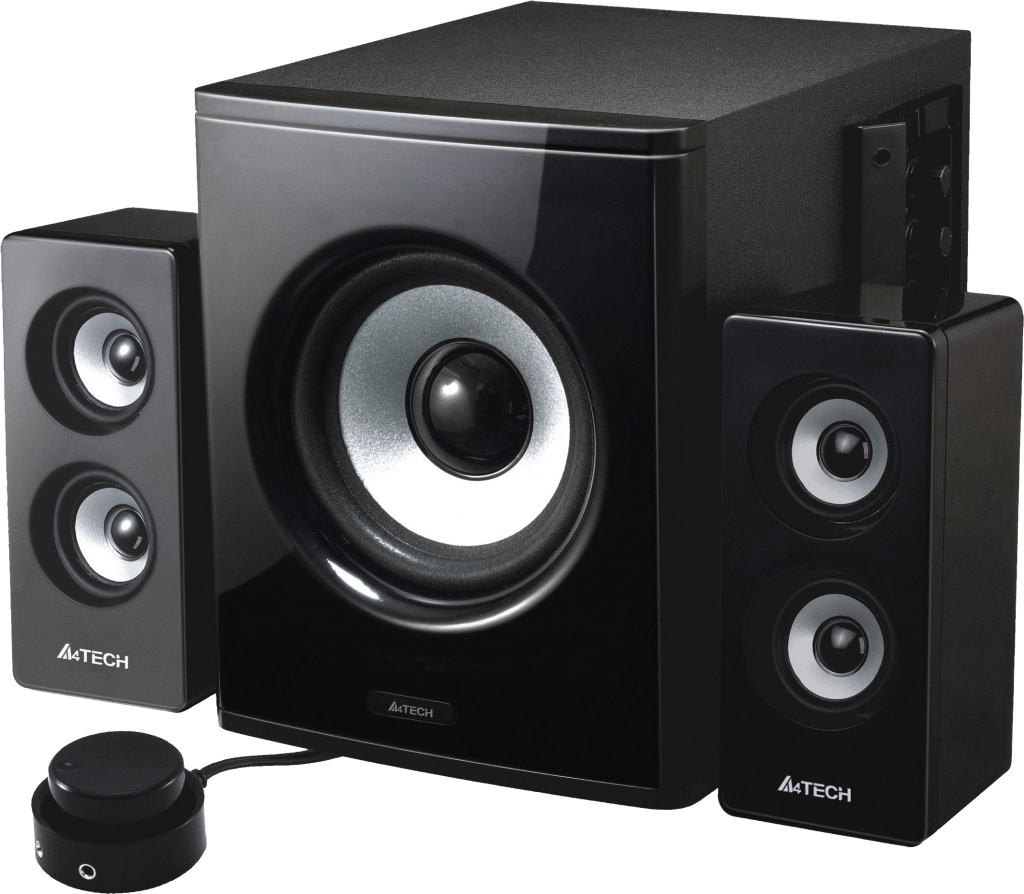Music is an essential part of our lives, and having the right speakers can make all the difference in the listening experience. Whether you're a music enthusiast or just looking for a decent set of speakers, this guide will help you choose the right speakers for your needs.
Determine Your Budget
Before diving into the technical specifications, it's important to determine your budget. Speakers come in a wide range of prices, from budget-friendly options to high-end models binoclu.com. Setting a budget will help you narrow down your options and prevent overspending.
Consider Speaker Type
There are two main types of speakers: passive and active. Passive speakers require an external amplifier to function, while active speakers have built-in amplifiers. Active speakers are generally more expensive, but they offer better sound quality and eliminate the need for a separate amplifier.
Speaker Size
The size of the speaker you choose will depend on the size of the room and the type of music you'll be listening to. Larger speakers are better suited for larger rooms, while smaller speakers work well in smaller spaces. If you listen to music with heavy bass, consider larger speakers or ones with built-in subwoofers.
Speaker Placement
The placement of your speakers can greatly affect the sound quality. For the best sound, place your speakers at ear level and ensure they are facing the listening area. Avoid placing speakers too close to walls or in corners, as this can cause distortion and bass buildup.
Frequency Response
Frequency response refers to the range of frequencies a speaker can produce. Look for speakers with a wide frequency response range for the most accurate and detailed sound. However, keep in mind that some manufacturers may exaggerate their frequency response range, so it's important to read reviews and listen to the speakers in person before making a purchase.
Sensitivity
Sensitivity refers to how much sound a speaker produces with a given amount of power. Speakers with higher sensitivity require less power to produce the same volume as speakers with lower sensitivity. Look for speakers with a sensitivity rating of 85 dB or higher for the best sound quality.
Impedance
Impedance is the resistance of an electrical circuit to the flow of current. Speakers with a lower impedance (measured in ohms) require more power to produce the same volume as speakers with a higher impedance. If you're using passive speakers, make sure your amplifier can handle the impedance of the speakers you choose.
Brand Reputation
Finally, consider the reputation of the brand you're considering soundchoose.com. Stick with reputable brands with a history of producing high-quality speakers. Read reviews and do your research to ensure you're getting a product that will last and provide great sound quality.
Conclusion
Choosing the right speakers can be a daunting task, but it's an important investment for music enthusiasts. Determine your budget, consider the speaker type and size, pay attention to placement and frequency response, and make sure the speakers have a high sensitivity and the right impedance. And of course, do your research and choose a reputable brand with a track record of producing high-quality speakers. With these factors in mind, you'll be well on your way to enjoying your favorite music with exceptional sound quality.

No comments:
Post a Comment